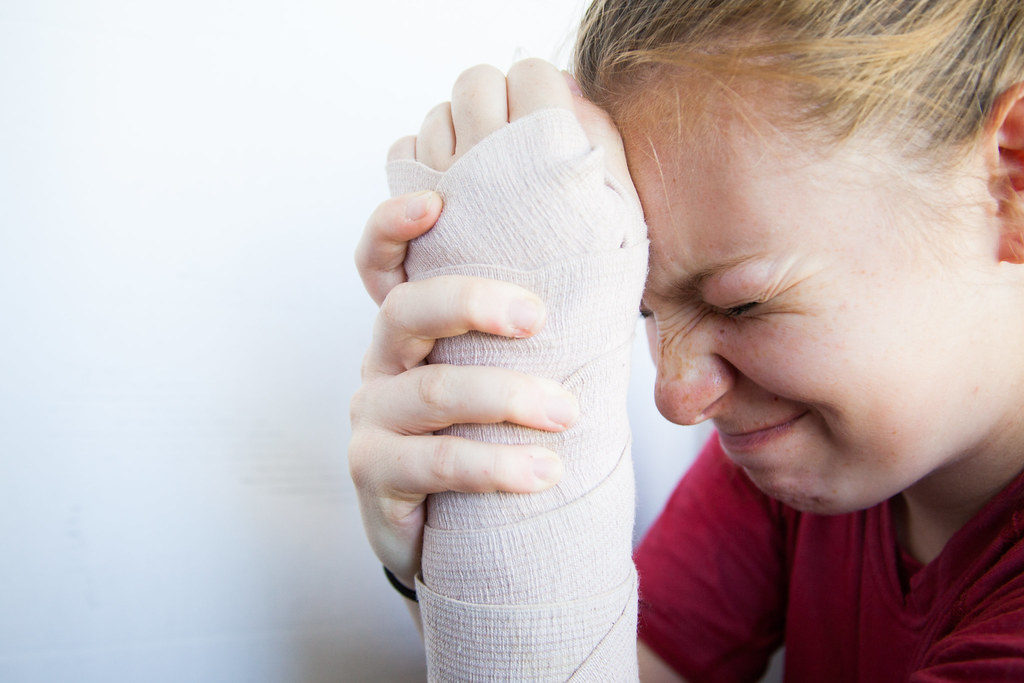How to Eat to Improve Injury Recovery

Whether you’re at home or at work, injuries happen. And when they do, your body not only suffers but your career and relationships can also be affected.
This is especially true for injuries that involve swelling. While the body responds to an injury with an inflammatory response, prolonged swelling can lead to atrophy and a host of other problems. Coupled with a bad diet, the protracted swollen tissues can prolong or even make an injury much worse.
While we consume food mainly as fuel for our body, when injuries happen, your diet is just as important. You should shift your food choices towards consuming for recovery. And here’s how:
Avoid inflammatory food
Foods that induce and encourage inflammation are your new enemies.
For a start you should cut down on sugar. Studies cited by the Greatist show that anyone who consumes around 40 grams of added sugar regularly has a greater risk of chronic inflammation. This will aggravate any injuries you have right now.
Don’t cut down on calories
On the other hand, you will need energy to facilitate your recovery. Instead of cutting down, you should focus on getting quality calories from whole foods and healthy fats. Artificial trans fat and refined carbohydrates should be avoided, as they can increase inflammation.
Avocados, nuts and nut butters are good sources of healthy fats. You should also switch out your oil intake from common vegetable oils to olive oil for low heat and avocado oil or ghee for high heat. Vegetable oils such as sesame oil and safflower oil often contain high amounts of omega-6 fatty acids which promote inflammation.
Mind your protein intake
Prolonged swelling can also cause muscle loss, as mentioned above. That’s why you should increase your protein intake to help your body replace it. But as much as you can, you should refrain from your usual sources like tofu, lentils and chickpeas. Instead, switch to quinoa. A feature by BBC Good Food reports how quinoa is rich in anti-inflammatory phytonutrient. Not only that, it contains all the nine essential amino acids which makes it a great source of protein.
One key type of protein you should also take note of is collagen. This particular protein helps rebuild damaged muscle fibers and keeps your immune system healthy. Parsley Health claims that Vitamin C is absolutely vital in promoting connective tissue, especially after an injury. The site details how leafy greens and citrus fruits have ample amounts of the micronutrient. Alongside preserving your collagen, Vitamin C also helps with inflammation.
Double down on essential nutrients
During the shift in your diet, it’s important to keep track of whether you’re getting all the essential nutrients especially zinc, Vitamin K, and potassium. When your body goes into recovery, it uses up more of these than normal. Vitamin K aids in blood clotting which is vital to help repair wounds. Zinc and potassium are both important for muscle repair. This is why you should eat a lot of food like goji berries, wild blueberries, dark chocolate, pecans, artichoke, elderberries, kidney beans, cranberries, blackberries, and cilantro.
Eating your way to a better recovery and being mindful of what your body needs will help you get back on your feet in no time. For more options consider the healing power of Ayurvedic food to help push on your recovery.


